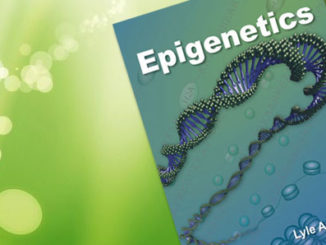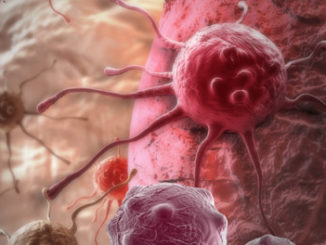Book Review: Epigenetics by Lyle Armstrong
The study of epigenetics has been around for some time, but to many it is still a relatively new field of research. Not that much is written about it or easy to reference on the web. That’s why we were thrilled when Garland Science announced its newest publication, Epigenetics by Lyle Armstrong, PhD, Newcastle University. This easy to follow and well-written scientific textbook brings together the structure and machinery of epigenetic modification, how epigenetic modification controls cellular functions, and the [more…]










